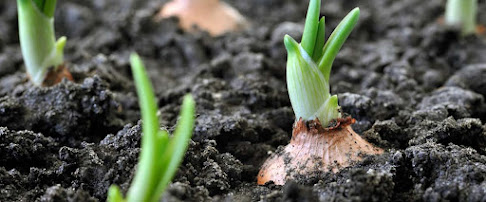The Implication of Food Waste Recycling
Organic wastes are substances originating from dwelling resources like plants, animals, and microorganisms that are biodegradable and can be damaged down into easier organic molecules.
• natural wastes produced in nature
in various ways can exist either in a solid-country or liquid state.
• strong organic waste is generally
understood as organic-biodegradable waste, and it includes about 8.85% moisture
content.
• The maximum not unusual assets of
natural wastes include agriculture, household activities, and industrial
products. You can also look for Organic Waste Recycling Process for the
wastes.
Co2 Emissions from Farming also boom notably whilst emissions from electricity
cease-use are included, due to the highly big share of energy use (e.g.,
heating, ventilation, and aircon; lighting fixtures; and appliances) in these
sectors.
Reducing food waste is first-rate
trouble and not just about good meals going to waste; wasting meals charges the
average circle of relatives with youngsters and has extreme environmental
implications too.
The quantity of food we throw away
is a waste of resources. Simply think about all of the power, water, and
packaging utilized in food manufacturing, transportation, and garage. This all
is going to waste while we throw away perfectly top meals. Now there are so
many Food Waste Recycling machines
which help with the recycling process.




Comments
Post a Comment